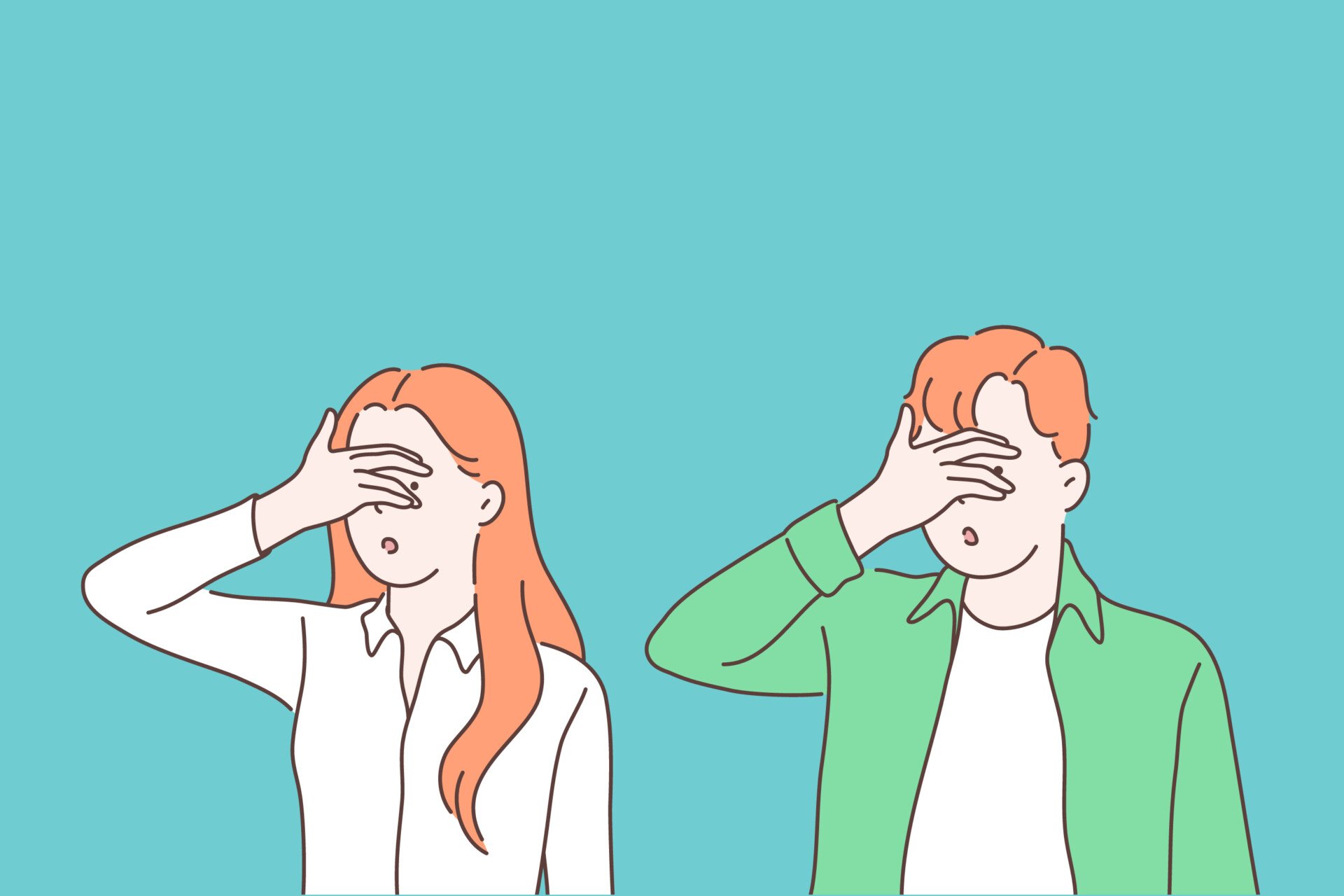Many people like to think of themselves as kind and fair—but what happens when acting generously means facing uncomfortable truths?
A new study suggests that some individuals avoid information about how their actions affect others, which can reduce their willingness to help.
In other words, when people can “look the other way,” they often do – and this has real consequences for how we behave toward others.
Research by Linh Vu and colleagues, published in Psychological Bulletin, explores how people use ignorance as a way to avoid moral responsibility and how this tendency influences altruistic behavior.

The researchers found that people were significantly less likely to act generously when they could choose to avoid learning how their actions would impact others. Across experiments, nearly 40% of participants deliberately avoided relevant information, which led to a 15.6 percentage point drop in altruistic choices compared to when the consequences were clear.
This behavior is part of a broader psychological phenomenon known as willful ignorance—when individuals intentionally avoid information that might compel them to act against their own self-interest.
The study highlights how this tendency can quietly undermine prosocial behavior in contexts ranging from consumer choices to workplace ethics.
To understand how widespread and consistent this effect is, the researchers conducted a meta-analysis—the first of its kind on this topic.
Drawing from 22 studies involving over 6,500 participants and more than 33,000 decisions, the team synthesized findings from controlled experiments in psychology, behavioral economics, and related fields.
Most studies were conducted in Western countries, including Germany, the United States, and the Netherlands, with participants making choices in anonymized lab settings or online.
In these experiments, participants typically played the role of a decision maker who had to choose between two options that affected both themselves and another person.
In some versions, all information was visible—participants could see exactly how each option would impact both parties. In others, they were given the opportunity to remain unaware of how their choice might affect the other person.
Importantly, accessing the hidden information was free and private, yet many chose not to look.
The consistent pattern was clear: when participants avoided the information, they were more likely to make choices that benefited themselves at the expense of others.
Those who did seek out the information tended to act more altruistically, even when the outcome was the same.
This suggests that choosing to know reflects a genuine concern for others, whereas choosing not to know can serve as a psychological buffer—an excuse to prioritize self-interest without the discomfort of guilt.
For the average person, these findings offer insight into why people sometimes make decisions that appear selfish or indifferent, even if they generally see themselves as moral.
Whether it’s choosing not to read the label on a product made under poor labor conditions or skipping over news about climate change, the tendency to remain uninformed can serve as a way to avoid difficult decisions.
This isn’t always due to lack of empathy—it can also be a way of protecting one’s self-image.
The researchers also examined whether this behavior might be explained by confusion or laziness rather than self-protection.
Some participants may have avoided information simply because it required extra effort. However, the results suggest that excuse-seeking plays a bigger role.
In many studies, people had to take deliberate action to stay uninformed, and some were even willing to pay a small fee to avoid learning the consequences of their actions.
This points to a strategic form of ignorance rather than passive inattentiveness.
Importantly, the effect of willful ignorance was not limited to a specific type of person or situation. It held across variations in gender, age, and study design.
While older participants and women were generally more altruistic, they were not immune to the effects of hidden information.
Even small obstacles to accessing information—such as a symbolic cost or having to click an extra button—had a measurable impact on behavior.
These results may help explain everyday patterns of avoidance in situations involving ethical choices, such as charitable giving, sustainability, or corporate responsibility.
The tendency to “not want to know” can be a powerful barrier to informed and compassionate decision-making.
By understanding this mechanism, individuals and policymakers may be better equipped to design environments that encourage transparency and reduce the temptation to turn a blind eye.
Still, the study has limitations. Most of the experiments were conducted in controlled lab environments and involved relatively minor financial stakes. Real-world decisions are often more complex and emotionally charged.
The authors also note that the age range of participants was fairly narrow, typically between 22 and 38 years old, which may limit how well the findings apply to older or younger populations.
Future research could explore how cultural norms, socioeconomic background, and personality traits influence the choice to avoid information.
It could also examine whether certain interventions—such as moral reminders, nudges toward transparency, or social accountability—can reduce willful ignorance.
For now, the findings underscore an uncomfortable truth: sometimes, doing the right thing depends not just on what we know, but on whether we choose to know it in the first place.
Citation
Vu, L., Soraperra, I., Leib, M., van der Weele, J., & Shalvi, S. (2023). Ignorance by choice: A meta-analytic review of the underlying motives of willful ignorance and its consequences.Psychological Bulletin, 149(9-10), 611–635. https://doi.org/10.1037/bul0000398

